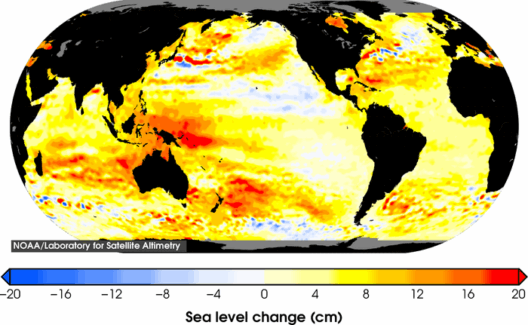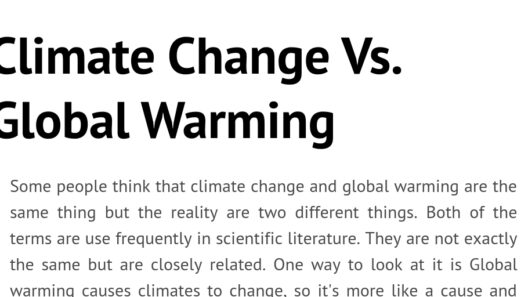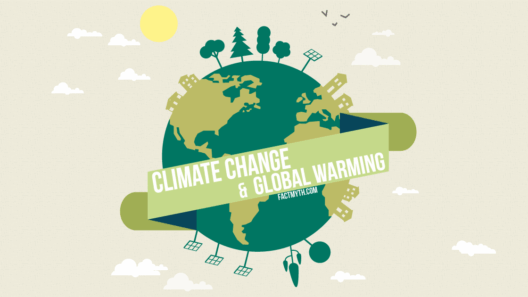In recent years, climate change has emerged as one of the most pressing global issues, demanding attention from both the public and policymakers alike. Amidst the fervent debates surrounding this topic, former President Donald Trump’s comments regarding climate change have generated significant discourse and concern. One particular phrase that has resounded through the corridors of environmental discourse is Trump’s characterization of climate change as a “hoax.” This article seeks to dissect Trump’s statements, elucidate the implications, and address the broader narrative surrounding climate change denial.
Understanding the Context of the “Hoax” Statement
Trump’s assertion that climate change is a hoax has a complex history. It began in the early days of his political career when he utilized social media platforms to express his views. In a tweet from November 2012, he suggested that climate change was a fabrication orchestrated by the Chinese government to undermine American manufacturing. This initial proclamation was not merely a fleeting comment but the beginning of a narrative that would define much of his public stance on the issue during his presidency.
Fast forward to 2016, during his presidential campaign, Trump reiterated this theme. He consistently framed climate change as a hoax aimed at political gain rather than a scientifically proven phenomenon. This rhetoric resonated with a segment of the American public who harbored skepticism about climate science, further polarizing an already divided national conversation on environmental issues.
The Significance of Presidential Rhetoric on Climate Change
The implications of Trump’s characterization of climate change as a hoax extended beyond mere statements. Leadership sets a tone for public perception. With Trump at the helm, the dialogue surrounding climate issues was colored by skepticism and dismissal of scientific consensus. This has had ramifications for both domestic policies and international relations. During his administration, the rollback of environmental regulations and withdrawal from the Paris Agreement exemplified a shift away from globally acknowledged climate initiatives. Such actions reinforced an anti-science narrative, emboldening climate change deniers and undermining efforts for collective action to combat this existential threat.
Addressing Key Concerns: The Scientific Consensus
One of the central concerns surrounding Trump’s claims is the overwhelming evidence supporting climate change as a scientifically validated reality. Experts from different fields of climate science have reached a consensus, highlighting that human activities—especially fossil fuel combustion—significantly contribute to global warming. Reports from the Intergovernmental Panel on Climate Change (IPCC) detail the catastrophic consequences of inaction, including rising sea levels, increased frequency of extreme weather events, and irrevocable damage to ecosystems. By framing climate change as a hoax, the former president contributed to a dangerous misperception that undermines public understanding and hampers necessary policy reforms.
The Ripple Effects of Climate Change Denial
Denial of climate change has wide-reaching consequences. Beyond the political sphere, it fosters a culture of apathy and inaction among individuals and businesses. When leaders dismiss scientific findings, it creates an environment where education around climate issues is stifled. People are less likely to engage in environmentally conscious practices or support policies aimed at minimizing carbon footprints. The repercussions extend to future generations, who may inherit a planet in peril due to deferred action and entrenched denialism.
Highlighting the Impact on Future Generations
The stakes of climate change denial extend to lasting impacts on future generations. As global temperatures continue to rise, the specter of harsh environmental realities looms large. Poor air quality, loss of biodiversity, and scarcity of resources will likely exacerbate social and economic inequalities. Young activists, fueled by a sense of urgency, are advocating for systemic change, urging leaders to take responsibility and acknowledge the empirical evidence surrounding climate change. The contrast between the rhetoric of leaders like Trump and the voices of youth movements like Fridays for Future underscores a critical generational divide—one that could shape policy for years to come.
Revisiting the Discourse: Moving Towards Solutions
As the debate continues, moving past denialism becomes imperative for effective climate action. Engaging in constructive discourse that prioritizes scientific understanding over ideological rhetoric is essential. Communities, corporations, and governments must collaborate to develop innovative solutions—emphasizing renewable energy, sustainable development, and resilient infrastructures. Creating an informed public is vital, empowering individuals to participate meaningfully in climate action rather than remain passive observers.
Empowering Change through Resilience and Education
Ultimately, combatting the influence of denial involves cultivating resilience through education. Schools, universities, and communities must prioritize comprehensive environmental education to counteract misinformation and promote understanding. Highlighting the experiences and insights of climate scientists, activists, and affected communities can foster a more nuanced understanding of the complexities of climate change and its impact on everyday lives.
Conclusion: A Call for Recognition and Action
Trump’s characterization of climate change as a hoax represents a broader challenge that extends beyond one individual or administration. It embodies an ongoing struggle for truth, accuracy, and acknowledgment of the urgent need for action in the face of climate change. Recognizing the reality of climate change is not merely a matter of political alignment but a necessity—an imperative for the health of our planet and the well-being of future generations. As we navigate this complex terrain, informed dialogue and collaborative efforts must take precedence. The future of our environment hinges on our ability to confront denial and advocate for sustainable solutions.





